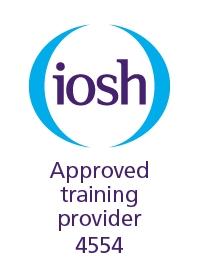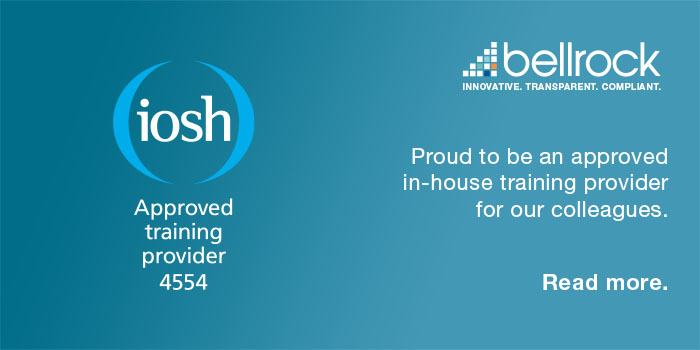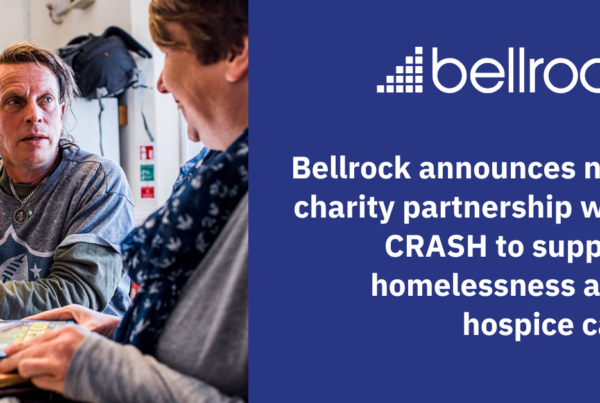Delivering IOSH Managing Safely training in-house to our Bellrock FMs
Health and safety management is an inextricable part of the everyday life of a Facilities Manager. As such providing busy FMs with the knowledge and information with which to manage their services safely is a key requirement. For many, an important solution to this is the Institution of Occupational Safety and Health (IOSH) accredited training course ‘Managing Safely’.
This course is widely considered to be the industry standard entry level qualification for managers with health and safety responsibilities. Many people get this qualification through commercially run courses, delivered either in person or online. However IOSH also provide a route for organisations to run Managing Safely in-house for their own colleagues.
Why deliver Managing Safely in-house through our own safety team?
Delivery of Managing Safely by your own safety team, to your own managers has a number of advantages compared with the commercial route. To start with, you get to tailor much of the course content to fit with your own organisation’s safety policies, systems and procedures. The course remains built around IOSH’s course content, but the context becomes how those principles are applied in your own organisation. The course content is delivered through an excellent online Content Management System. Secondly the case studies and examples that a good trainer will use illustrate a particular principle, such as the concept of reasonably practicable, and drawn from your own organisation and as such are directly relevant to delegates. Thirdly, delivering IOSH Managing Safely in-house is extremely cost effective. Once you have paid the one-off product fee, the annual licence fee, workbook and certificate costs mean the course can be delivered for around £50 per head. Finally, getting your safety team in front of a group of your own managers for 3 or four days is a rare opportunity. The pay back comes through greater exposure and a removal of barriers to those managers subsequently picking up the phone to ask a question because they have a closer relationship with the safety team.
Achievable effort
Beyond the direct cost, delivering IOSH Managing Safely doesn’t land for free. To start with, being an accredited course IOSH have strict quality control procedures regarding delivery and administration and regularly audit these. The course needs to be delivered by an IOSH member at a Grad IOSH level of membership with training experience and a level 3 training qualification, however IOSH’s own online level 3 is great value. As well as capability, an organisation’s own safety team need to have the time to deliver training, although I would argue they should, where possible, make the time given the advantages described above. Finally there are a long list of organisational, administrative and logistical tasks that go into organising training in-house, such as finding and booking training rooms, organising catering, sorting our printing, ordering workbooks and certificates, marking assessments, reporting results and paying invoices. It all takes effort but achievable for a well organised team.

In summary, we all know that health and safety works best when it is embedded into the day to day responsibilities of managers. As the saying goes, give someone a fish and you feed them for a day. Teach them to fish and you feed them for life. At Bellrock that means connecting directly with our own managers and delivering a course that directly relates to their everyday working life.

Dr John Hamilton is the Director of Health, Safety, Environment and Quality at Bellrock Group and a Chartered Fellow of the Institute of Occupational Safety and Health (IOSH).
John has extensive experience of delivering successful risk management strategies across large, complex organisations in both public and private sector. He has a pragmatic approach to risk management balancing an organisation’s legal, financial, and moral obligations with its operational and commercial business drivers. John is a dual qualified chartered health and safety and HR professional, with a master’s degree in health and safety and environmental law and a doctorate in organisational health and wellbeing. He is also Chair of the Board of Directors of Get Out More CIC, a social enterprise on a mission to help people engage with nature through getting outdoors.




